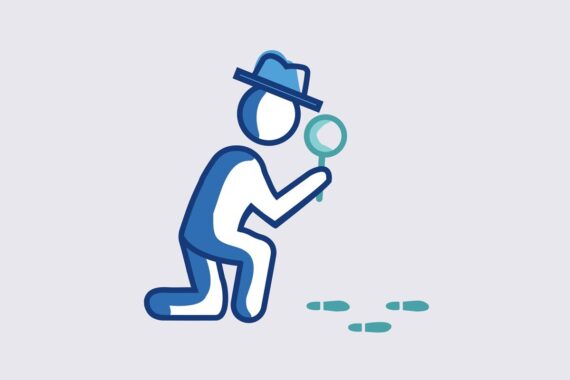Forensic Physician

Dr Sheila Paul is a portfolio GP who, among various other roles, has worked as a forensic physician for over 30 years. Here she shares what the job involves
How do I get into the role (including necessary qualifications)?
To go into clinical forensic medicine, you need to obtain the necessary qualifications from the Faculty of Forensic and Legal Medicine of the RCP. There are two parts to forensic medicine. The first, general forensic medicine, includes looking after sick prisoners in custody, attending sudden and unexpected deaths, and looking after police officers injured on duty. The second part is called ‘sexual offences medicine’ and there are three different areas you can go into with that: adults, children, adults and children. A lot of forensic physicians will do both general and sexual offences medicine.
How much does it pay?
It depends on who your employer is. Forensic physicians used to be directly employed by the police, but now the services have been contracted out to private organisations. So, how much you are paid varies as each organisation has a different rate of pay.
Pay rates are generally lower than what you would earn in the NHS. I always say to people interested in becoming forensic physicians is: ‘ This is a job you either love or you hate; if the latter you cannot do it; and you won’t get rich doing this work’.
How much time do I need to devote to it?
It is flexible. The majority of doctors that I know working in forensic medicine have portfolio careers – which I think is the best background. You can be flexible week to week, e.g. could do two sessions a week or do full time. There’s also the option to do night work, but that isn’t a given, as some private organisations have removed that. There is a lot of report and court statement writing which will be done outside of clinical time.
What’s good about the job?
Being a GP is a good background to forensic medicine, because you never know what you’re going to be asked to deal with – particularly in custody. You need to have a knowledge of all different pathologies, so our broad training works well for this type of role.
The job is good for anyone interested in deprivation, interested in mental health, substance, including alcohol misuse, how medicine and the law intersect, and working outside the box. You are exposed to things that nobody else is.
There’s also a huge sense of responsibility towards your patients, who will either be prisoners, deceased people, complainants of sexual abuse, and their families. You also have a sense of responsibility towards the court because with every patient you see, there is a possibility you may need to give evidence in court about the case.
With experience there is the option to do expert witness work, purely academic, where you look at other doctors or nurses work and help unravel and interpret findings for the court. Fascinating, and well paid.
What’s bad about the job?
It’s exactly the same as the positives – it just depends what kind of person you are. What’s ‘good’ to me, will definitely be ‘bad’ for someone else. If you don’t like unpredictability or working with deprivation, then it probably won’t be to your liking!
The hours can be quite unpredictable due to the nature of the job. You cannot always have a reliable ‘end time’ to your day – you might receive a call towards the end of your shift, asking you to attend a complainant of a sexual offence, and then be gone for another seven hours then. Manging life around this may be tricky, such as childcare, other work etc and needs to be planned for.












